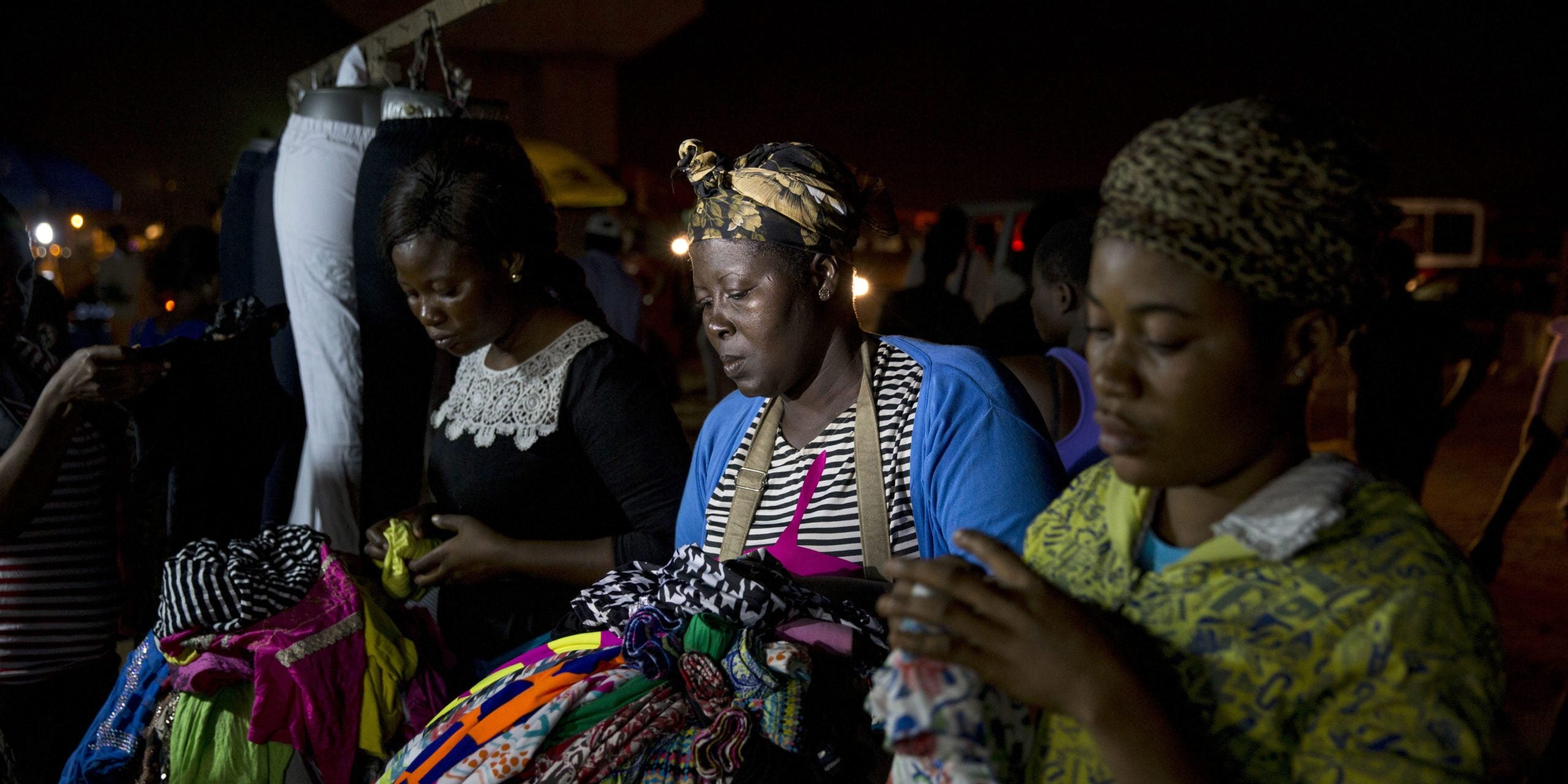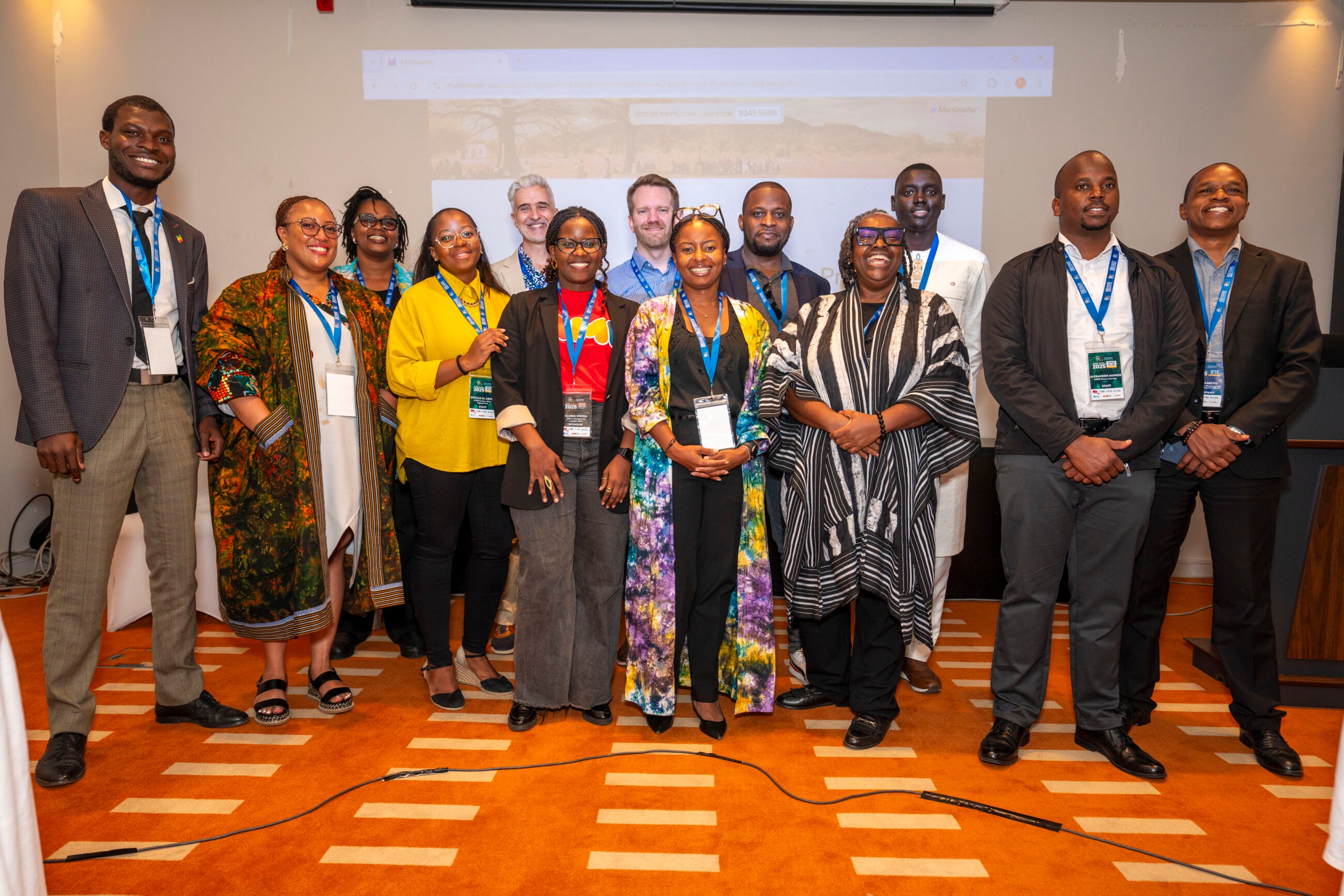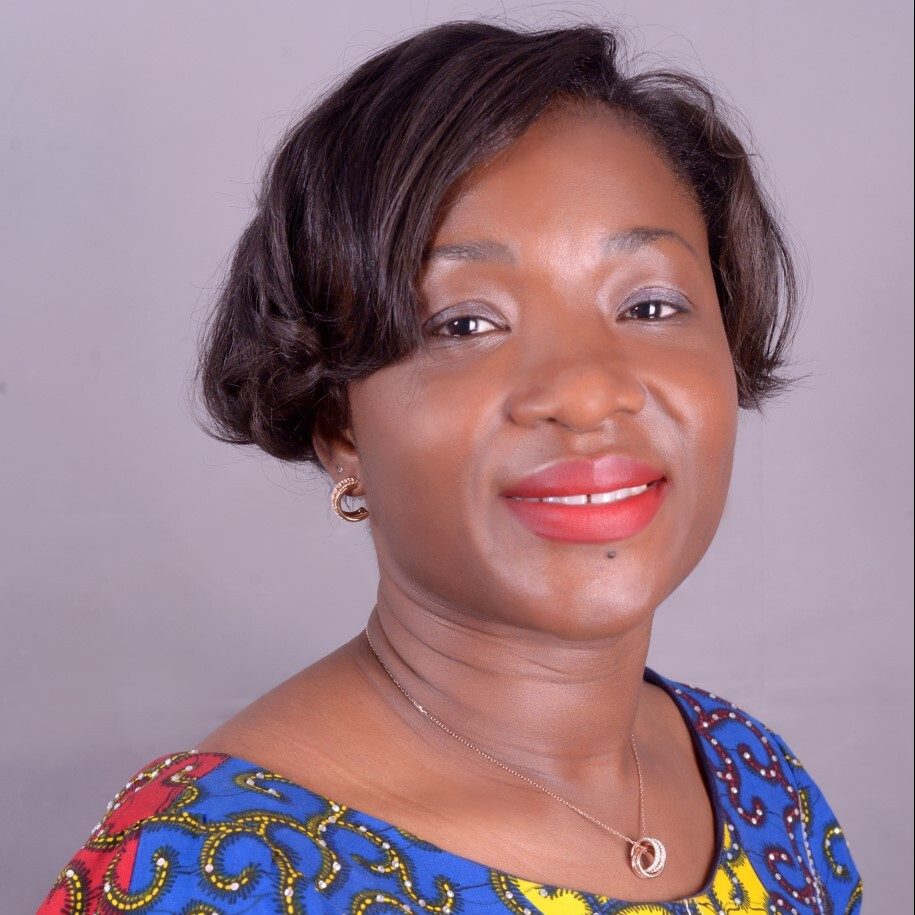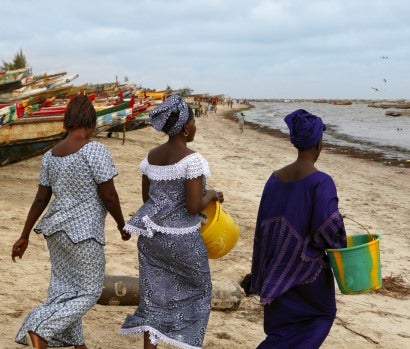
The West Africa chapter works across the region, but is most active in Nigeria, Ghana, Senegal, Cote d’Ivoire
The ANDE West Africa chapter works to strengthen the ecosystem for small and growing businesses (SGBs) by supporting local stakeholders through capacity building, knowledge exchange, and strategic connections that drive collaboration and inclusive growth across the region.

This report provides an overview of the 2025 Inaugural Pan Africa Conference, hosted by the Aspen Network of Development Entrepreneurs (ANDE), held in Dakar, Senegal, from February 11–13.
"This knowledge brief aims to provide an overview of the IMM landscape in Nigeria and draws lessons from organizations who have IMM experience in West Africa. The knowledge brief focuses on providing an understanding of how impact is defined by some organizations, what elements they take into consideration when designing an IMM strategy, why they measure impact, the upsides and downsides of standardization, challenges they face in measuring and managing impact, and how they utilize data to drive impact. The knowledge brief also shares the IMM journey of three organizations: Aspire Coronation Trust (ACT) Foundation, LEAP Africa and MBC Africa, and provides recommendations on implementing IMM."
"The number of accelerators has increased considerably in various emerging market countries in the past decade, especially in Sub-Saharan Africa. This includes Nigeria, the largest economy in West Africa. One important question then is: are these incubators and accelerators effective in providing support to enterprises in emerging markets, especially youth-led enterprises? This knowledge brief seeks to capture information from our study of incubators and accelerators in Nigeria in relation to their effectiveness in supporting youth-led enterprises."
"This knowledge brief aims to provide an overview of the IMM landscape in Nigeria and draws lessons from organizations who have IMM experience in West Africa. The knowledge brief focuses on providing an understanding of how impact is defined by some organizations, what elements they take into consideration when designing an IMM strategy, why they measure impact, the upsides and downsides of standardization, challenges they face in measuring and managing impact, and how they utilize data to drive impact. The knowledge brief also shares the IMM journey of three organizations: Aspire Coronation Trust (ACT) Foundation, LEAP Africa and MBC Africa, and provides recommendations on implementing IMM."
"The number of accelerators has increased considerably in various emerging market countries in the past decade, especially in Sub-Saharan Africa. This includes Nigeria, the largest economy in West Africa. One important question then is: are these incubators and accelerators effective in providing support to enterprises in emerging markets, especially youth-led enterprises? This knowledge brief seeks to capture information from our study of incubators and accelerators in Nigeria in relation to their effectiveness in supporting youth-led enterprises."
"The Landscape for Impact Investing in West Africa is a state of the market analysis of the impact investing industry in the region. The report includes regional findings from 15 countries, as well as dedicated chapters covering the most active markets: Nigeria, Ghana, and Senegal. Across the region, investors highlight opportunities for impact and financial return, particularly in the key sectors of energy, financial technologies, and agriculture.
The landscape study is based on thorough analysis of relevant literature, large volumes of transaction data, and extensive interviews with key industry stakeholders. Detailed country chapters include information on the supply of capital by investor type, investment opportunities by sector, and regulatory considerations and hurdles for impact investors and investees."













